


Home Energy Water Work Economy Solution Politics Team Product Recycling Cars Ships Aircrafts Promotion
World Pollution Air Weather Violence Women Weapons Psychology Plants Animals Food Peace Faith Imprint
Recycling
The best recycling is avoidance. So if we make products that live past 60 years and can still be repaired, we have avoided more COČ than any other attempt to mass-produce the products again for ever-increasing profits. Because this is again, showering without getting wet.
The materials for this are mainly metals, ceramics and wood. With this we can manufacture almost all products that are commonly used in the home.
Even before recycling:
The top priority is that no solid, liquid or gaseous substances that do not occur in nature are allowed to get into nature. Also no plastic, rubber (tire wear), silicone, exhaust fumes of any kind, no microparticles, no toxins, i.e. no pesticides, antimycotics, solvents, hydrocarbons, petrol, oils, fats and the like. Especially no heavy metals, nickel, zinc, cadmium, lead and so on. The biggest problem is radiant trash, that doesn't work at all!
The same applies here: the best recycling is avoidance. Therefore, substitutes and methods must be found for the things that are not recyclable. Because tire debris cannot be recycled and is difficult to collect, it pollutes nature, passes through the food chain, enters our bodies that way, and that is a bodily harm. This is strictly prohibited and must be result in a prosecution. The removal of substances from nature is very, very expensive, which is not included in the currently so cheap prices. This has to be dealt with harshly, the prices were too low and the profits too high, both parties, manufacturer and customer, have to pay for the post-cleaning.
How to recycle?
Of course NOT by simply crushing, grinding and downcycling, because at the end of this chain there is a substance for the oven, poison is released into the environment when burned, which in fact is strictly forbidden. The melting of valuable metals from telephones and PCs also causes poisonous combustion, which is bodily harm.
All substances must be dissected at the atomic level and fed back into the production process as elements.
All of this cannot happen under a capitalist system. Because here NOTHING is done for to the health of the people, as it is written in most of the basic laws of the countries, but only the maximization of profits. The capitalist system has led to what is now.
We should have thought of that from the start. Governments, which are responsible for the health of the population, should not have allowed products that cannot be fully recovered in the end. What people want and want to have is not up for debate. It can only be wanted or had, which doesn't damage other creatures. Limit values and trading with emissions are not permitted. Because otherwise we could hand out handguns, allow murder and manslaughter, but set certain limits. If you kill two or three creatures, you're in the border area, after that it costs $30 per creature.
I use these images with full intention to show how pointless we are still, or already again, acting. It's already bordering on the movie Idiocrazy, even if the change here is probably caused by plastic, and sorry in some countries it even looks like it does in the movie and quite a few presidents are in their behavior very similar to the president in the movie.
Not only can we assemble things, we can also disassemble them. That is of course possible. This is what Hoechst AG wanted to achieve in Germany. I know because I was directly involved in it. The laboratories were already there and fully furnished. This would still have been possible in the early years of the German "social market economy". After that we couldn't think about it anymore.
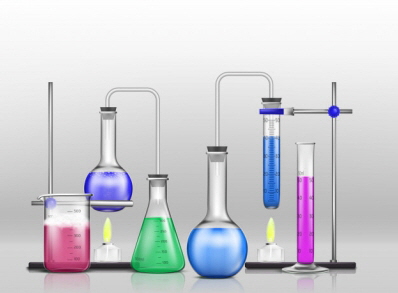
![]()
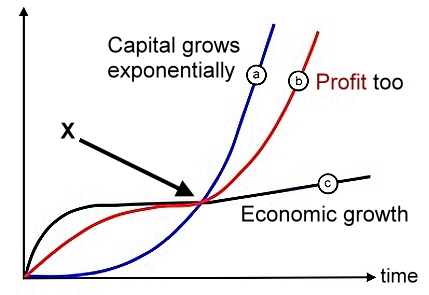
![]()
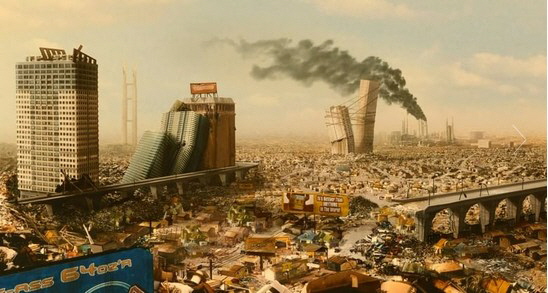
Because exactly at point X of the development graph, the profit due to the capital development must be decoupled from the growth. This automatically leads to the cessation of innovations. Therefore, once capitalism has reached saturation, it is a real obstacle to innovation. Since the German so-called social market economy was not a real social market economy and even the little that was social there was prematurely dismantled, all research in this regard was stopped. Instead, they dig for new resources everywhere in poor countries and on the seabed. Innovation is considered a risky investment inside capitalism, also in the so-called free market economy, which, however, as we can see, is not a free economy at all. An investment made must always yield even more returns, and this is only possible if even higher profits can be achieved. A vicious circle that can only be broken when raw materials are scarce or the law requires that the toxic waste from production can no longer simply be discharged into rivers or thrown around in the area or buried somewhere.
That's one of the reasons why people want to go to the moon and now to Mars. In order to mine there raw materials that are slowly becoming scarce. Please don't recycle. We are looking for rare earths for the manufacture of electronics. Possibly even more interesting metals with new abilities. Another way to escape the end point of capitalism. Every crash is not an opportunity, but leads mostly to an even greater concentration of capital in the few winners of the crash, which makes further economic activities very difficult or even impossible. So new ways have to be constantly created here in order to be able to continue. In fact, this means that sales must be constantly increased and with less and less effort and costs. There is simply no room at all for recycling. It's actually cheaper to fly to a meteorite with rockets to mine raw materials that will also then throw around, tip into the sea or bury somewhere.
It is said that recycling is too expensive. I say, and everyone I seriously talk to agrees with me: "It's only too expensive if many capital owners are involved in the production and sale of the products, who contractually secure constantly increasing returns". "It's only too expensive if the disposal of the garbage can be passed on to the general public." Otherwise there is really no alternative to recycling.
Recycling means for the consequences of this production, having to be liable for the waste, taking responsibility for what is created therfore , which is actually completely normal. Only then would the products be so expensive that nobody could and would buy these products. Unless the products would last a long time and the producers would live from the profits of production just like their workers and employees and would not want to bring in constantly increasing profits.
Under the existing circumstances, producers are making these profits and the products appear to be so cheap that everyone can afford them, but that is just a mirage. In reality, the true costs are hidden in the cost of disposal and the cost of environmental damage. As a rule, the municipality removes all the rubbish, we pay for that, of course... these are the medium-term costs. Real valuable materials such as various metals in electrical and electronic scrap are possibly taken out by companies who have also to work again with constantly increasing profits, but the large mass of the built-in elements are incinerated together with the rest of the waste. The majority of the electrical and electronic or the plastic waste is shipped to poor countries and burned there without any filter systems. A big part of plastic waste stays forever into rivers, ocen or in to the nature in general. This results in the long-term costs of this handling, which we have not yet estimated.
We often don't even realize how much trash this really is because we are not used to thinking in such dimensions. If we threw our annual rubbish in one heap, we would have a mountain the size of Mount Kilimanjaro in Africa, every year. Currently around 2.2 billion tons, by 2050 the World Bank expects 3.4 billion tons.Of this, only 14 percent is recycled, 40 percent ends up in landfills and 14 percent in incinerators.32 percent are uninformed and are probably lying on wild dumps in nature or swimming in rivers and the oceans.
For example: cell phones
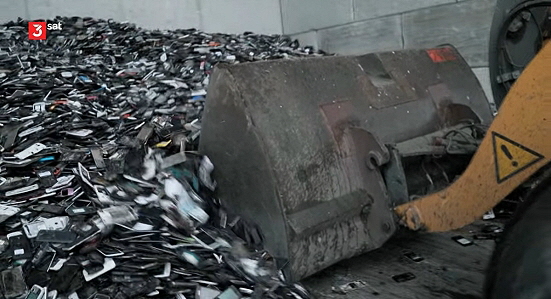
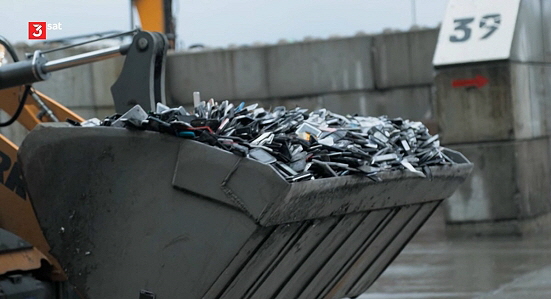
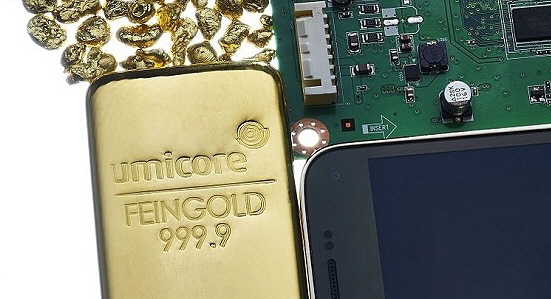
What a gigantic waste and pollution of the environment in terms of CO2 and many other poisons, in addition to the fact that the new production of components, materials and plastics is also always associated with CO2 emissions.
However, what is known as recycling for mobile phones does take place. The circuit boards of the mobile phones are shredded and melted down, with the toxic circuit board material and, among other things, acids from the capacitors, silicon and germanium of the electronic active components and various plastics burning or evaporating. Then the remaining metals are laboriously separated and the gold is cleaned. Every mobile phone contains up to 30 mg of gold. This means that about 3 kg of gold can be developed from 100,000 mobile phones, but for this you have to burn about 15,000 kg of circuit board material. Since the other raw materials for mobile phones are cheaper to claim and produce than to use genuine recycling materials and, above all, because the dismantling process is far too complex and expensive, so-called thermal recycling is the only way to deal with mobile phone scrap
But there is another way!
For example batteries: You can actually recover more than 90% of the raw materials from batteries and use them again directly to create new batteries.
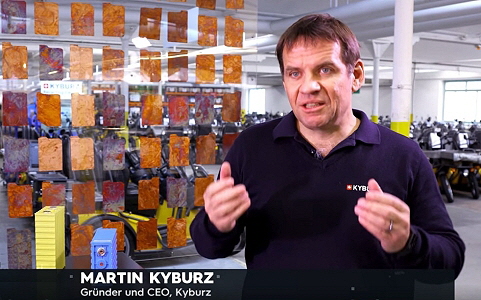
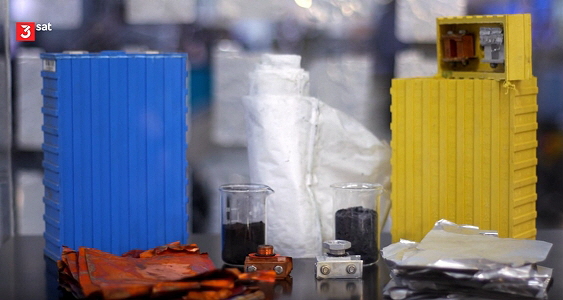
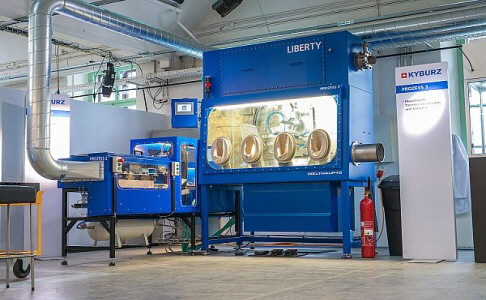
The technique is decisive. Not shredding and only getting out what seems valuable or what could sell it to a dealer, but really dismantling and recovering the raw materials with mechanical and chemical processes.
This should be planned from the beginning, during production, then the recycling will not be so expensive afterwards and we should not think about where we could get rare metals from in the future, but rather make the relevant raw materials more expensive through funding quotas so that the extraction of raw materials bound in the product is worthwhile and a company can make a living from it. The same applies to oil, which is currently being extracted from the ground and seabed using increasingly adventurous and polluting methods. Oil is far too good to be wasted in single-use products and fuel anyway, and as such it only creates more problems. We should end this period once and for all.
Let's get to one of the most dangerous and annoying types of waste in the world: synthetic substance, common name: plastic. The industry promises that recycling is the solution to the existing littering, as well as a future 100 percent recycling!
But: They have been promising this for 40 years and:
There will still be no plastic recycling!
There will never be plastic recycling, nor is it planned. Only advertising campaigns are planned to encourage us to continue using plastic packaging. The plastics producing industry is planning new gigantic plants to significantly increase the production of plastics. If recycling were planned, these plants would be built for nothing, because hand on heart, there is an abundance of plastic waste. But the dismantling and cleaning of the packaging is far too expensive and time-consuming for this undertaking to be carried out profitably. The downcycling of packaging, i.e. inferior products made from packaging waste, only works with state subsidies. All that remains is thermal recycling in blast furnaces, mostly in the cement works' rotary kilns, which are also must be paid for the burning of the highly toxic waste. At this point I would also like to pay a little attention to the extraction of inferior, crude oil-like liquids from plastic. These liquids are not suitable as a resilient separating agent, so the only thing that remains is the extraction of light hydrocarbons such as petrol or gas from plastic, which we would then have to burn and that would in turn release CO2 into the air we breathe. If we are to look at the amounts of plastic, it would be such a gigantic amount of fuel... Then you have to consider that the liquefaction process takes place in the absence of oxygen, under high pressure and at a temperature of 500°C to 600°C. So a special gigantic plant would be required that would consume vast amounts of energy. The calorific value that would result in the end would be many times lower than if we burned the plastic immediately, at the same time the CO2 emissions would be much higher, since we would also have to invest energy. Most plastic waste from industrialized countries sits in landfills in poorer countries and floats in rivers and the world's oceans. The tendency to dispose of plastic waste in this way is still unbroken. Plastic is attracting more and more criminal activities, plastic is burned in the open air at illegal dumps, it is found in birds and fish, as microplastics in mussels and recently even in crops. Although it is not yet possible to prove the various physical changes in humans, since experiments with humans are prohibited, genetic changes caused by the ingredients of plastics are proven in all test animals and one can of course assume it, because we plastic already eat and drink, we can be sure that it has the same or similar effect on us.
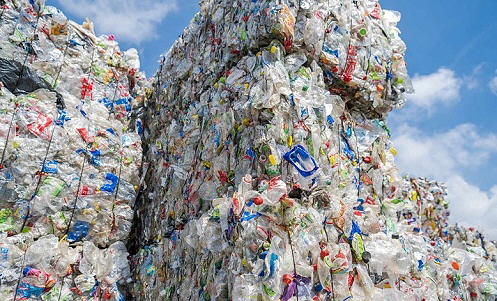
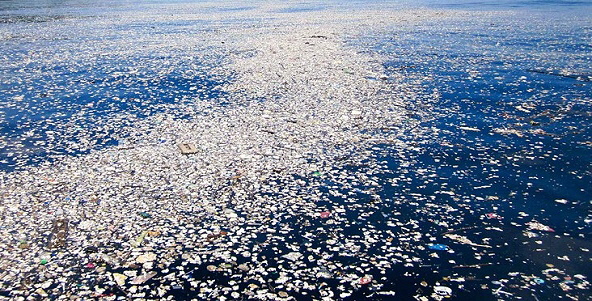
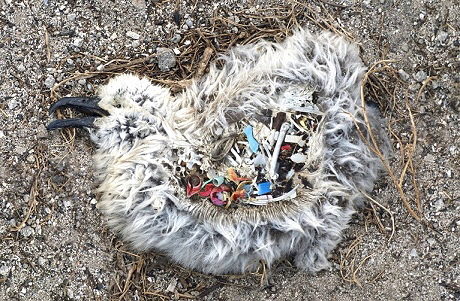
The recycling rate of plastic packaging is around 14 percent worldwide, if we subtract the downcycling rate, it is only 9 percent, 40 percent end up in landfills and 14 percent in incinerators. The remaining 32 percent simply remain in the environment. It is currently not known what percentage of it is found in our schnitzel, potatoes or salad, but you can assume that plastic can also be found there.
To the top ![]()
![]()
![]()
Home Energy Water Work Economy Solution Politics Team Product Recycling Cars Ships Aircrafts Promotion
World Pollution Air Weather Violence Women Weapons Psychology Plants Animals Food Peace Faith Imprint